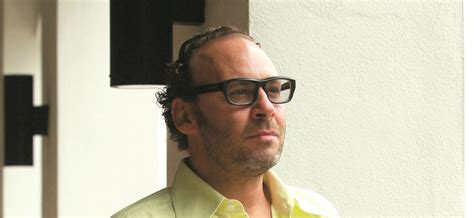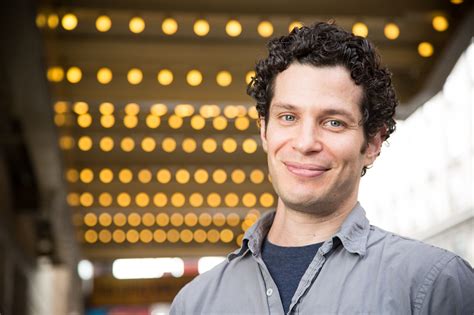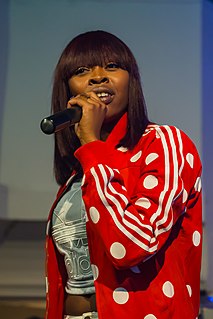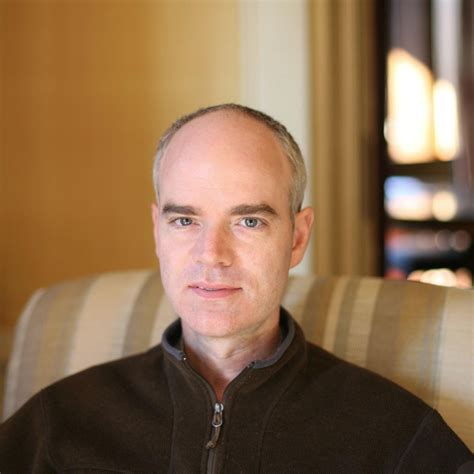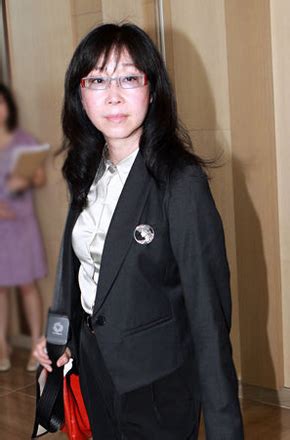A Quote by Susan Hill
A lot of writers want everything put on screen, but it doesn't work like that. The screenwriter brings her own imaginative interpretation, just as the director and actors do.
Quote Topics
Related Quotes
Theater is about interpretation and what an actor and what a director brings to a piece too. I'm open to it every time I work with a director and a group of actors. I have to be open to that interpretation. I'm not one of those hysterical playwrights that come and say, "This is not what I intended to do." It's one rendition of the piece.
I always try to stick to the script because I want to respect the writers, and I want to respect the director. But if the director and my fellow actors are okay with me playing with it a little bit, then I definitely want to play with it. I definitely want to do that, because I tend to... when I put things in my own words, it comes out way better. It flows naturally, it just feels better. I can put some weight into the words. Even in comedy, it just comes better.
One of the challenges of being a director is often you don't get to work with your peers. You know, writers can write together, and as a director you get to work with so many wonderful actors and writers and designers. But it's pretty rare that you get a chance to partner in that way with another director.
I just think there are a lot of celebrities who don't feel that they have a voice. A lot of actors come from a place of fear, and that's just a general statement about actors. You're terrified the casting director won't like you, you're terrified the producer won't like you, you're terrified the director won't like you, and on and on.
Film’s thought of as a director’s medium because the director creates the end product that appears on the screen. It’s that stupid auteur theory again, that the director is the author of the film. But what does the director shoot-the telephone book? Writers became much more important when sound came in, but they’ve had to put up a valiant fight to get the credit they deserve.
Every film you work on is different, and that's part of what it's like for anybody who works on a film, is to learn how to work with others. Learn from top to bottom. Actors have to learn how to work with the director and the director has to learn how to work with actors, and that's not just those two departments.
Your actors need to trust you as a director, but normally, I think you just need to have an open communication between the actors and the director. I think the director needs to really paint his or her vision to the cast and let them know the kind of mood that he or she is making. I think that's very important.
I put a lot of work into my mixtapes, and I want everybody to understand I am doing this genuinely. I don't even want to be paid for this; I just want you all to hear my music and appreciate it. I think it brings me closer to my fans because they know I'm doing this for them and not just to get the bucks.
A good director creates a playground for actors, and lets them go. The trick for a good director is in casting properly, and creating the playroom, and then they'll get stuff that they don't expect, and can't even direct. All the audience wants to believe is that whatever is happening, it is happening for the first time. They want to see the people within the work exchanging dialogue and action in that moment. There are not a lot of actors that can do that.
People don't want to pay for pitches. They want to see it. If you hear one more time, "Well, that's execution-dependent." Everything's execution-dependent! If there's something that's going to be a little bit more interesting than The Untitled Slinky Movie, then I think that writers that want to do interesting work and at the same time commercial work need to put it down on paper. So agents and producers that writers are working with are encouraging them to get it on paper because the studios like to see what they're buying rather than just imagine what it could be.



